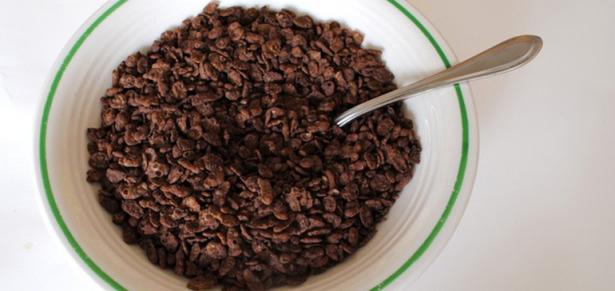Dive Brief:
A lawsuit filed last month accuses Post Consumer Brands of misrepresenting the ingredients in its products. Kenneth Copeland and John Doe filed a class-action lawsuit on April 26 in U.S. District Court for the Eastern District of New York, claiming fraud, deceptive trade practices, false advertising, breach of express warranties and unjust enrichment.
The lawsuit says Cocoa Pebbles cereal falsely claims to contain "real cocoa." The cocoa in the cereals is alkalized, which increases the depth of color but detracts from the real cocoa flavor and raises acidity. The case argues that highlighting the ingredient for its simplicity wrongly implies that it is "nutritionally and organoleptically superior."
A hearing has been scheduled for September, according to court documents. Post told Food Dive in an email the company does not comment on pending litigation.
Dive Insight:
Consumers are becoming more critical when reading ingredient lists as more transparency, natural ingredients and clean labels are an expectation. A recent survey found natural ingredients and clean labels are consumers' most important consideration when purchasing products, surpassing brand recognition and descriptions.
To keep pace with this shift in demand, CPGs are updating labels and product formulations to reflect the simple and natural ingredients that consumers want. But consumers are becoming more skeptical of these claims.
The case against Post is not the only litigation filed this April against CPG companies' use of the term "real cocoa." Spencer Sheehan of Sheehan & Associates in New York, which represents the plaintiff in the Post case, also filed cases against Mondelez for saying its Oreo cookies are "always made with real cocoa" and against General Mills, claiming its Chocolate Cheerios do not contain real cocoa.
"No reasonable consumer would expect that a product promoted as containing 'real cocoa' or '100% real cocoa' would also contain or be made with alkalis because 'real' is understood to be the ingredient in its most simplified and reduced form," the lawsuit against General Mills says.
However, alkalized cocoa powder, or Dutch process cocoa powder, as it is sometimes called, is not a novel form of cocoa. It is a popular option both for at-home baking and on industrial-scale production because it dissolves more easily in liquids. Because of its pH level, it doesn't react with alkaline leavening agents like baking soda.
Terming it as "real cocoa" can pose a sticky situation. Some could define "real" as an unprocessed powder, which consumers looking to limit consumption of processed food would be eager to consume. However, cocoa powder by its nature is processed. Coupled with the fact that this ingredient is being used in a sugary cereal that uses "natural and artificial chocolate" could limit the argument that consumers are searching for a wholesome, natural and nutrient-packed alternative for their indulgences.
It isn't just manufacturers using cocoa that are having a tough time with label claims. As consumers demand more natural products, companies have found it can be costly to reformulate. Not only can more natural ingredients be pricier, but sometimes, like in the case of General Mills' Trix cereal, consumers may not actually want the reformulated variety, sending manufacturers back to the drawing board.
Although the cases involving cocoa are still pending, Post might want to be careful with its label claims. Consumers might be hesitant to buy products while claims are being determined in court or settled. The Federal Trade Commission has slapped food manufacturers on the wrist for questionable labels in the past. Avoiding any additional scrutiny at this time would likely be preferable for Post.


Spread the word